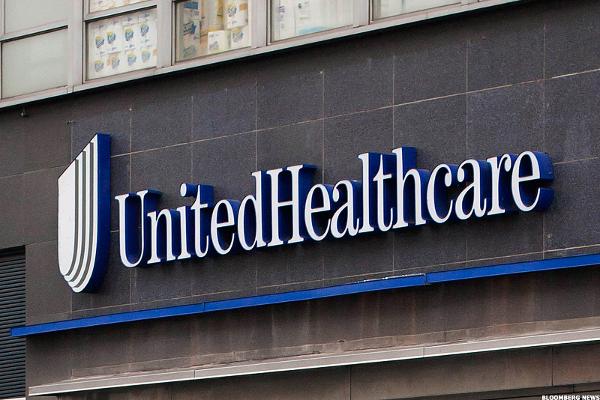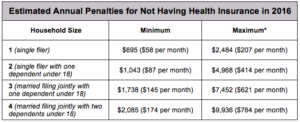Bloomberg Gadfly – By Brooke Sutherland Max Nisen – Dec 6, 2017 11:52 AM EST
UnitedHealth Group Inc. is that kid in school who’s always doing better than you.The $214 billion company announced on Wednesday that it’s buying DaVita Inc.’s physician-network business for $4.9 billion. It’s just the latest step in UnitedHealth’s push to diversify its revenue. Thanks to deals over the past few years, the company isn’t just the largest private U.S. health insurer, it’s also a pharmacy-benefit manager, a health care analytics company and increasingly a provider of medical care through physician clinics, outpatient services and urgent care centers.
*The company’s two largest insurer purchases — of units of Fiserv and Sierra Health Services — were both announced in 2007 and included a number of non-insurance businesses that likely now fall under Optum
This is the blueprint that CVS Health Corp. and Aetna Inc. are attempting to follow with their $77 billion merger. Antitrust authorities have made abundantly clear that they aren’t fans of further consolidation among the top health insurers nor among the top drug-store operators, forcing companies to look elsewhere in the health-care world for growth opportunities. UnitedHealth has proven that diversification does more than just create new revenue streams — it also offers cost, information, and convenience advantages that can in turn bolster the appeal and performance of the insurance unit. The problem for CVS-Aetna is that UnitedHealth had the idea first, and the DaVita deal is a reminder that it has no intention of slowing down.
UnitedHealth is a much larger provider of medical services than many people realize, and deals like the DaVita acquisition and its $3.2 billion purchase of outpatient-services provider Surgical Care Affiliates Inc. earlier this year have expanded its presence even further. CVS has a huge geographic footprint, but only a small fraction of its stores at this point contain so-called MinuteClinics where it could feasibly administer care for Aetna enrollees. Its ability to invest in this kind of infrastructure will be hamstrung by a heavy debt load, a huge learning curve and a tricky integration process.
Meanwhile, UnitedHealth is free to keep gobbling up assets and building out its advantage. Just this year, it’s has spent $14 billion on deals. What’s interesting about UnitedHealth’s strategy is that, by and large, its takeovers have been reasonably sized and priced. The company’s biggest deal was the $13 billion takeover of pharmacy-benefit manager Catamaran Corp. in 2015 — nothing to sneeze at but pretty small potatoes compared to the CVS-Aetna deal or the failed attempts at consolidation among big health insurers like Anthem Inc. and Cigna Corp. This latest transaction for DaVita Medical Group values the subsidiary at a little more than one time its 2016 revenue, a slight discount to the multiple Blackstone Group LP paid for physician-outsourcing company TeamHealth Holdings Inc. this year.
Steady diversification with small deals is the kind of strategy that can win this race.
Questions about ACA, private Medical Insurance and health insurance reimbursement? Physician Credentialing and Revalidation ? or other changes in Medicare, Commercial Insurance, and Medicaid billing, credentialing and payments? Call the Firm Services at 512-243-6844



